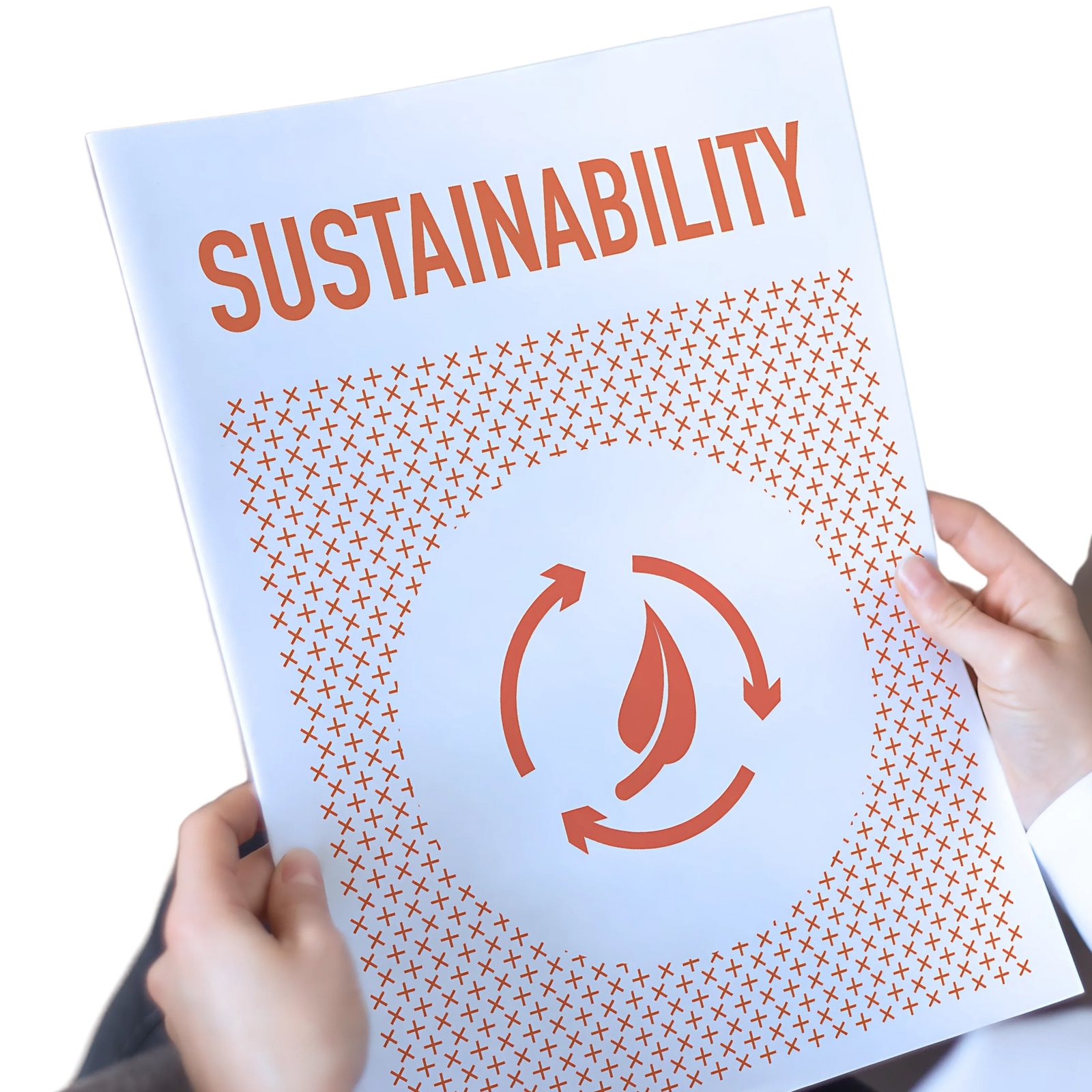As the luxury market evolves, brands are dealing with big challenges and new opportunities. Global instability, changing customer expectations, and tougher regulations are reshaping the industry. To succeed, luxury brands must handle these complexities while staying true to their core values of exclusivity and craftsmanship. This article examines the luxury sectors, focusing on important topics like sustainability, geopolitical risks, and the need for flexible strategies.
The Current State of Luxury
The luxury sector, traditionally associated with opulence, is now rethinking its operations in response to various challenges such as geopolitical tensions, economic uncertainty, sustainability concerns, and the ongoing effects of the pandemic.
Luxury brands must recognize climate change and the shifting preferences of consumers. To not only survive but thrive, they need to adapt their strategies and practices to meet these new realities.
One key pressure is the demand for sustainability, which must be balanced alongside managing supply chain disruptions. Kering, the parent company of Gucci, Balenciaga, and Bottega Veneta, is leading by example, prioritizing transparency and environmental responsibility to align with these shifting expectations.
Addressing Geopolitical Risks in the Luxury Market
Geopolitical instability poses significant risks to the luxury market, affecting supply chains and brand perceptions. Ongoing conflicts, such as unrest in the Red Sea, have led to shipping disruptions, requiring luxury brands to be operationally agile. They must adjust production schedules, reroute shipments, and remain flexible in response to changing conditions. Brands like Chanel and Balenciaga exemplify proactive risk management, which is essential for maintaining customer loyalty.
Sustainability: A Fundamental Expectation
Sustainability has transitioned from a marketing trend to a fundamental expectation among luxury consumers. A Deloitte survey reveals that 57% of luxury shoppers consider sustainability in their purchasing decisions. As regulatory frameworks tighten, particularly in the especially EU and U.S., brands must prioritize transparency and accountability. For instance, Kering aims for a 40% reduction in greenhouse gas emissions by 2035.
To avoid accusations of greenwashing, brands must show genuine progress in sustainability initiatives. This includes meaningful collaborations, like Kering’s partnership with a biotech company to create sustainable fabrics.
According to Harvard Business Review, brands need to communicate their sustainability efforts clearly and authentically. This means avoiding vague claims and providing specific examples of their initiatives.
Sustainable Luxury Experiences: Online and Offline
As consumer preferences increasingly shift toward online engagement, luxury brands must integrate their digital and in-store experiences to create a seamless customer journey. Innovations like interactive dressing rooms and personalized services make shopping more enjoyable and tailored to individual needs.
Brands can leverage technology to showcase their sustainable collections, allowing customers to explore the story behind eco-friendly products directly from their devices. For instance, Gucci’s “Off the Grid” line, which uses entirely recycled materials, exemplifies the brand’s commitment to sustainability while meeting the expectations of today’s conscious consumers.
In addition to improving customer experiences, luxury brands need to strengthen their supply chains. This includes ensuring traceability and aligning operations with sustainability goals. Blockchain technology can provide transparency in supply chains, enabling brands to back up their sustainability claims.
Collaborating with local artisans enhances production resilience and showcases the craftsmanship that defines luxury goods, creating a richer narrative for both online and offline experiences. These partnerships support local economies, reduce transportation emissions by sourcing materials nearby, and promote ethical practices like fair wages and safe working conditions. Furthermore, it helps preserve traditional techniques and cultural heritage, resulting in higher quality products that last longer and generate less waste.
The Impact of Celebrity Culture
The luxury market increasingly intersects with celebrity culture, where high-profile collaborations can significantly shape consumer perceptions and drive trends. Kering’s acquisition of Creative Artists Agency (CAA) illustrates how luxury brands can harness celebrity influence to promote sustainable products.
Celebrities like Billie Eilish, who endorses Gucci’s sustainable handbag, help amplify sustainability narratives and connect with consumers personally. Other influential figures, such as Emma Watson, recognized for her advocacy of ethical fashion, have collaborated with brands like Burberry to highlight their sustainability initiatives.
These partnerships not only enhance brand visibility but also resonate with consumers, particularly younger demographics who prioritize ethical practices. By leveraging the platforms and influence of these celebrities, luxury brands can effectively communicate their commitment to sustainability and build stronger relationships with their audience.
The Future of Luxury
The future of luxury is about balancing old traditions with new ideas. Brands must integrate sustainability into their identities, balancing heritage and quality with environmental responsibility. The focus should be to create a culture of continuous improvement, where true luxury means being committed to sustainability and ethical practices.
Those who master the balance between tradition and modernity will emerge as leaders in this evolving sector, defining the future of luxury.
Sources:
BBC article: Can luxury fashion ever be fully sustainable?
Harvard Business Review article: Research: How to position a luxury brand as sustainable.
Luxury Daily article: 2024: The challenge for luxury amid global and regulatory changes.
Worth article: From Gucci to Stella McCartney: Luxury labels leading the charge on sustainable fashion.
Vogue Business article: Delays and damp demand: Fashion’s mid-year supply chain outlook
